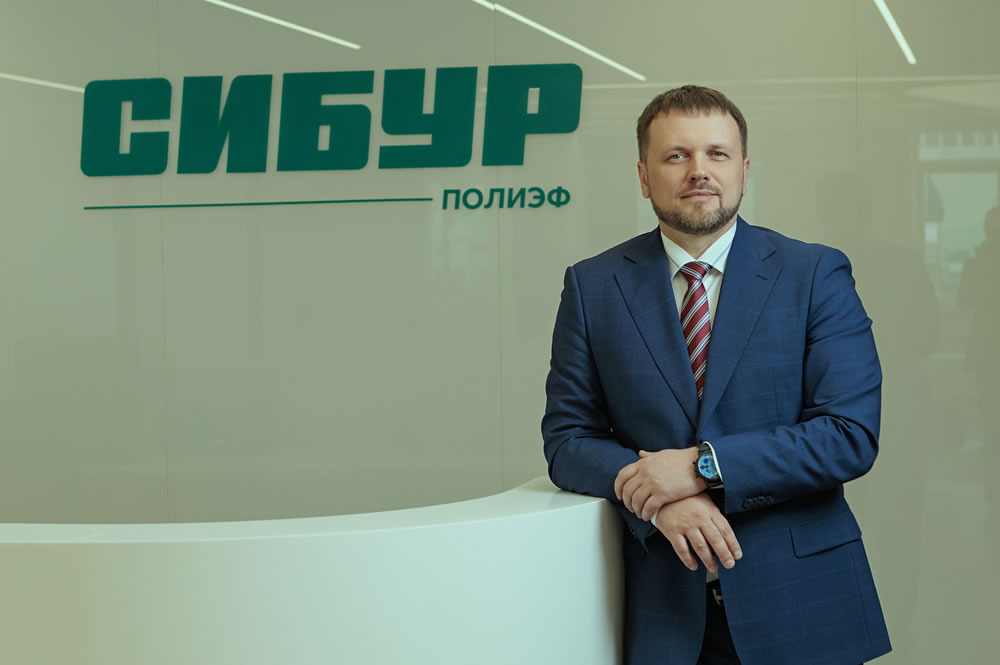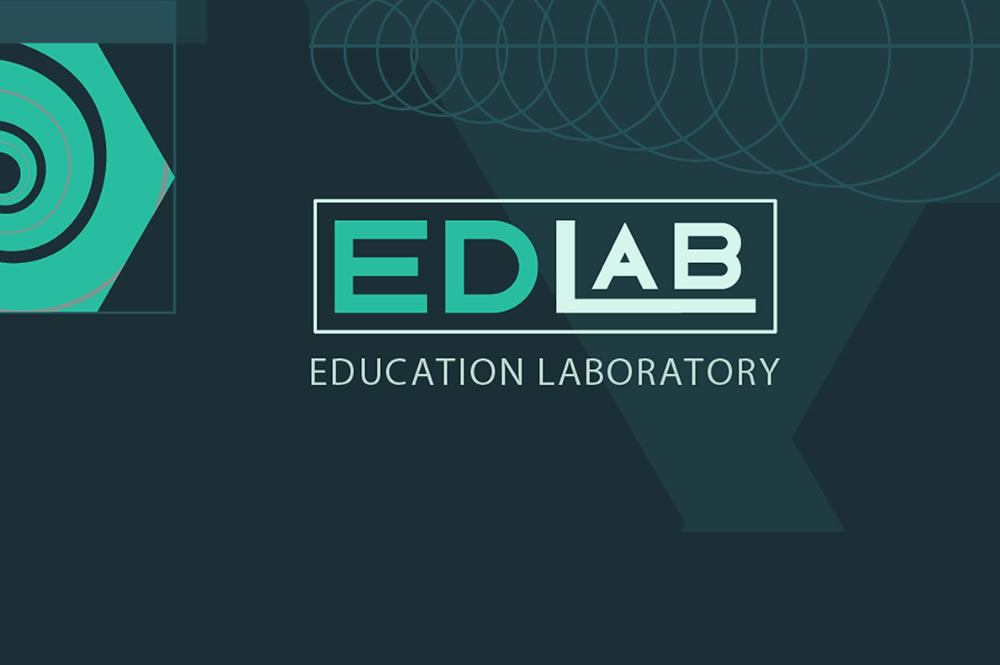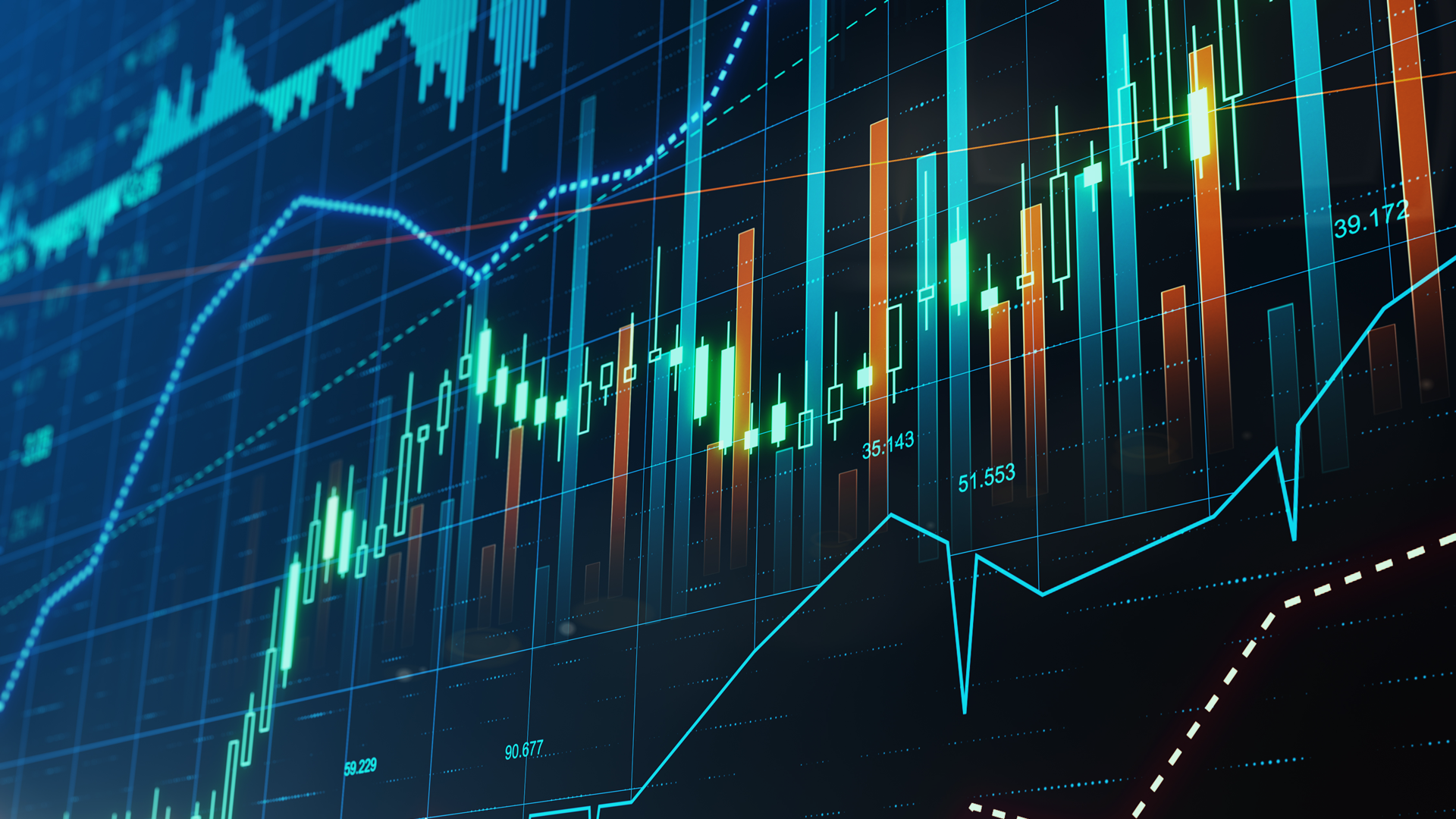— Is digitalization in the industry a business necessity or just a tribute to fashion?
— Five years ago, at the very beginning this trend, industrial companies started announcing digital transformation as their strategic goal and implementing new technologies in all their processes. At that time, we in SIBUR used the “technology push” approach: proceeding from the newest technology, we watched it closely and piloted whatever could be used in our company. At the same time, launching our digital transformation program, from the very beginning we set the goal of achieving economic effects. Of course, we did not want to compromise the convenience of working tools in the office and at the manufacturing sites, as well as simplification of processes. However, convenience by itself is an insufficient result for the hard culture of an industrial company.
For our petrochemical business, digital transformation has become one of the drivers and means to improve economic efficiency. Industry is a physical environment, so we were not expecting anything like disruption (how it is understood in FinTech, Telecom or Retail). At the same time, the petrochemical industry due to its high level of automation (PCS, instrumentation sensors) has accumulated enough “field” data to use it for digitalization and more efficient decision-making.
By 2023, the accumulated effects of processes optimization and digitalization at SIBUR reached more than RUB 30 bn. The petrochemical industry means hectares of heavy-duty technological plants. It is impossible to increase the return of already designed and built large-capacity plants many-fold, but it can and should be increased by certain percentage. So to us, it is a good economic result.
The petrochemical industry implies multiple conversion stages, respectively, there are many options of using the molecules in a smarter way: to sell the product or to launch the next conversion stage? If you want to sell — then to whom and where? And so on. In such cases, AI tools help people to make the most efficient decision
— What are the drivers for achieving economic effects from digital transformation for the manufacturers?
— The main domains for improving the efficiency and, respectively, for achieving economic effects in SIBUR are manufacturing, marketing, sales, and logistics.
The decision-making support systems are traditional leaders in achieving economic effects at production sites. It is our ECONS system for visualizing the manufacturing process parameters and their impact on the economics of the site providing recommendations to the operators. We also have the Advanced Process Control System (APCS) operating in automatic pilot mode, and RTO system for optimizing the parameters in online mode, as well as video analytics for improving the product quality.
Significant effect for the business was achieved by automating the procurement process. Factors providing significant effects within the end-to-end sales process included scaling digital products for cross-sales and lead generation (quest of new customers, including those in the new markets), service model implementation and developing the demand and digital channels.
Finally, AI should not be underestimated: about half of all digital effects were achieved due to decision-making based on artificial intellect.
— What are the opportunities for AI in industrial manufacturing?
— We are striving to make all our processes more efficient: to produce more using less feedstock and energy, find new customers in the new markets, receive tips for offering more profitable prices and new products. The petrochemical industry implies multiple conversion stages, respectively, there are many options of using the molecules in a smarter way: to sell the product or to launch the next conversion stage? If you want to sell — then to whom and where? And so on. In such cases, AI tools help people to make the most efficient decision.
SIBUR was one of the first to start using manufacturing process optimization systems based on simulation and AI. AI algorithms in real-time mode control all the key parameters of equipment operation and allow for early identification of deviations and for interpreting in which node or assembly the fault is developing. Video analytics simulations are used for automatic analysis of video streams received from cameras for identifying deviations from the routine operating mode.
This year, we presented our solution for controlling the machine learning models — Sibur ML Framework — in the external market, and now it is available for our partners. This tool allows for bringing the common functionality of various models to the platform level and to automate the process of working with machine learning models.



















Comments (0)